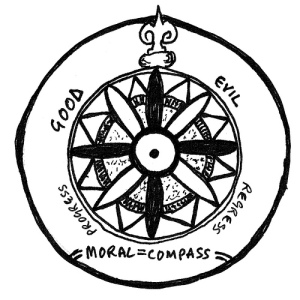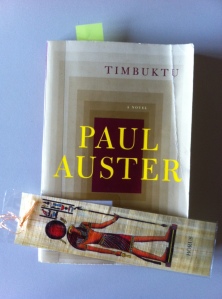 Ture North – by Bill George with Peter Sims
Ture North – by Bill George with Peter Sims
Everyone gets something different out of a book. The opinions here are mine only.
This book is all about following one’s moral compass, as a leader and about authentic leadership. In many ways it is refreshing, as it emphasises that there are no cookie-cutter rules about leadership, so differs from other leadership books that may be more prescriptive. It encourages one to figure out one’s true values, strengths and weaknesses and understand this deeply. True values only come to light when one has to choose between close trade-offs, often in a crisis situation.
The book traces in depth, through interviews, the leadership lessons and ups and downs of well-known leaders such as Howard Schultz of Starbucks Coffee, Chuck Swab of Charles Swabb, Narayana Murthy of Infosys, Anne Mulcahy of Xerox, Dan Vasella of Novartis, Wendy Kopp of Teach for America and others.
The book also gives useful insights on why leaders may lose their moral compass, being driven by external factors, rather than internal ones, drawing upon the experiences of Richard Nixon and Bill Clinton, contrasting this against that of Ronald Reagan.
It is easy in today’s world to get lost in all the external demands and short termism and to forget what we are good at, what our natural styles and values are. This book is an excellent read – a reminder to stay grounded and follow the all important moral compass when all else is in chaos.








